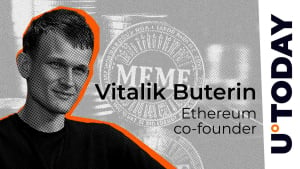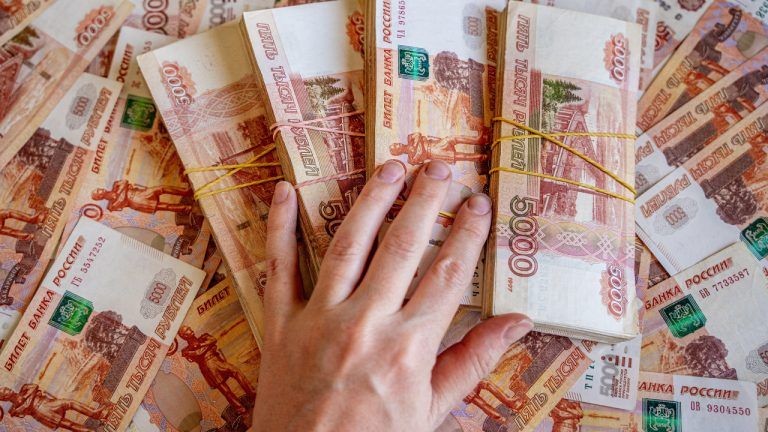ARTICLE AD BOX

Disclaimer: The opinions expressed by our writers are their own and do not represent the views of U.Today. The financial and market information provided on U.Today is intended for informational purposes only. U.Today is not liable for any financial losses incurred while trading cryptocurrencies. Conduct your own research by contacting financial experts before making any investment decisions. We believe that all content is accurate as of the date of publication, but certain offers mentioned may no longer be available.
Ethereum (ETH), in line with its transition from proof of work (PoW) to proof of stake (PoS), still has a long way to go in its tech goals. In a recent post, Vitalik Buterin shared insights into the next major phase of the transition, dubbed The Merge. According to him, this is the most important aspect of the transition, and the core goal remains to enhance Ethereum's staking participation.
Musings on The Merge
As Vitalik Buterin noted, the push toward The Merge hinges on two major goals: achieving single-slot finality and democratizing staking.
For the first goal, Vitalik Buterin proposes a scenario in which blocks are finalized in one slot. This will form a major deviation and improvement from two to three epochs, which is currently the time it takes to finalize a block. This current slot time takes approximately 15 minutes. Under the single-slot epoch Buterin proposes, this would take a few seconds or even a few minutes.
On staking democratization, the Ethereum cofounder wants to switch from a 32 ETH deposit to 1 ETH. This later proposition will enhance the economics of staking and ultimately keep the Ethereum protocol secure.
Buterin proposed three distinct solutions to achieve these goals. These include improving the signature aggregation protocol, introducing the Orbit committee mechanism and implementing a two-tier staking system.
Ethereum constantly improving
Known as one of the most vocal personalities on the Ethereum network, Vitalik Buterin has continued to set high standards for ecosystem innovators. Recently, he hinted at plans to withdraw support for layer-2 solutions that have not attained stage 1.
This hinges on how decentralized their operations are, a feature required for governance and overall security. Through the Dencun Upgrade, the Ethereum main chain has already empowered L2 protocols with very low fee updates.
Beyond this, the ecosystem welcomes new chains like Uniswap’s Unichain, all of which can help reposition Ethereum as the dominant L1 chain.
 (1).png) 1 month ago
32859
1 month ago
32859











 English (US) ·
English (US) ·